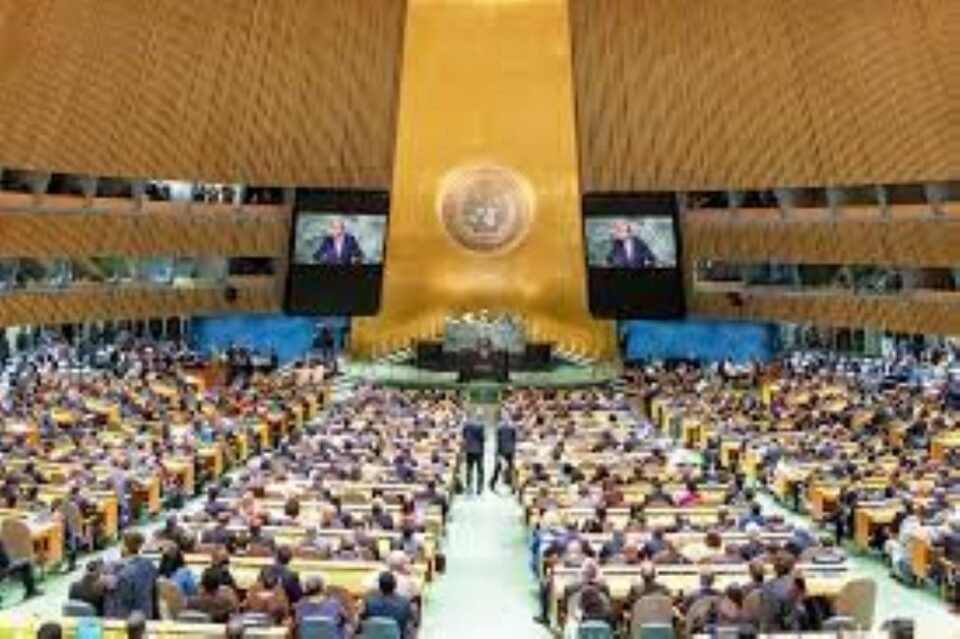…WHO tasks global leaders on pandemic prevention, preparedness, response
By Hassan Zaggi
Plans have been concluded for Tuberculosis (TB) to receive global attention at the ongoing United Nations General Assembly (UNGA) in Geneva, Switzerland.
The High-Level Meeting on the fight against TB will devout extensive time to review the achievement of TB targets set out in the 2018 Political Declaration of the first General Assembly high level meeting on TB. Also, stakeholders will identify gaps and solutions to accelerate progress towards ending the TB epidemic by 2030 and ensuring equitable access to prevention, testing, treatment and care.
This is even as the World Health Organisation (WHO) is urging leaders meeting at the 78th session of the UNGA to put health for all on the highest political agenda and apply lessons learned from the COVID-19 pandemic.
WHO’s appeal comes as the world faces multiple humanitarian and climate-related crises which are threatening lives and livelihoods around the world.
WHO’s call to accelerate the achievement of health targets comes ahead of the Sustainable Development Goals Summit (SDGs Summit) and an unprecedented number of health-focused high-level meetings at UNGA, aimed at strengthening pandemic prevention, preparedness, and response, delivering universal health coverage (UHC) and ending TB.
As government leaders gather to make commitments around three major health issues, they have a chance to demonstrate that health is an investment, not a cost, and is fundamental to thriving, resilient families, societies and economies.
“If COVID-19 taught us nothing else, it’s that when health is at risk, everything is at risk,” said Dr Tedros Adhanom Ghebreyesus, WHO Director-General. “The pandemic caused enormous economic, social and political upheaval, and stalled or reversed progress towards the health-related targets in the Sustainable Development Goals.
“The UN General Assembly is the moment for world leaders to show they have learned the painful lessons of the pandemic, and to take concrete steps towards a healthier, safer and fairer world for all people.”
Progress in reducing infant and maternal mortality has stagnated (in some regions, rates have even increased) and progress in tackling infectious diseases like HIV/AIDS, tuberculosis (TB) and malaria has faltered.
Many parts of the world are also seeing rollbacks of sexual and reproductive health and rights. Access to life-saving tools is uneven across the world, with millions unable to afford or obtain needed care. Noncommunicable diseases and mental disorders, which account for over 70% of deaths globally, threaten social and economic development everywhere.
“Ill health robs individuals, families, communities and entire nations of opportunities to grow and flourish,” Dr Tedros said. “The fact that billions of people cannot access or afford essential health services exposes them to poverty, easily preventable and treatable diseases like TB, and to the impact of future epidemics and pandemics.
“In WHO’s 75th year, we are reminding the world of what our founders affirmed: that health is not only a fundamental human right, but also the foundation of safe, peaceful and prosperous societies.”
Dr Tedros, a statement by the WHO, disclosed has led WHO’s delegation to UNGA and, along with senior leadership, will participate in high-level meetings along with a number of other events, including the launch of an updated UHC Global



